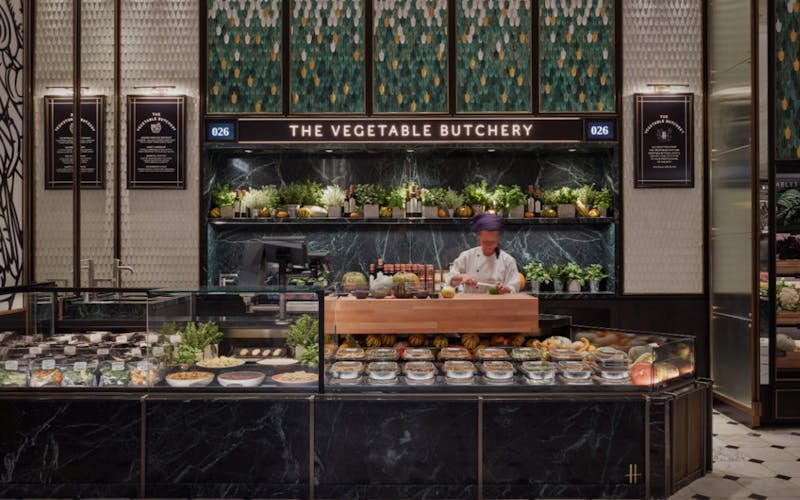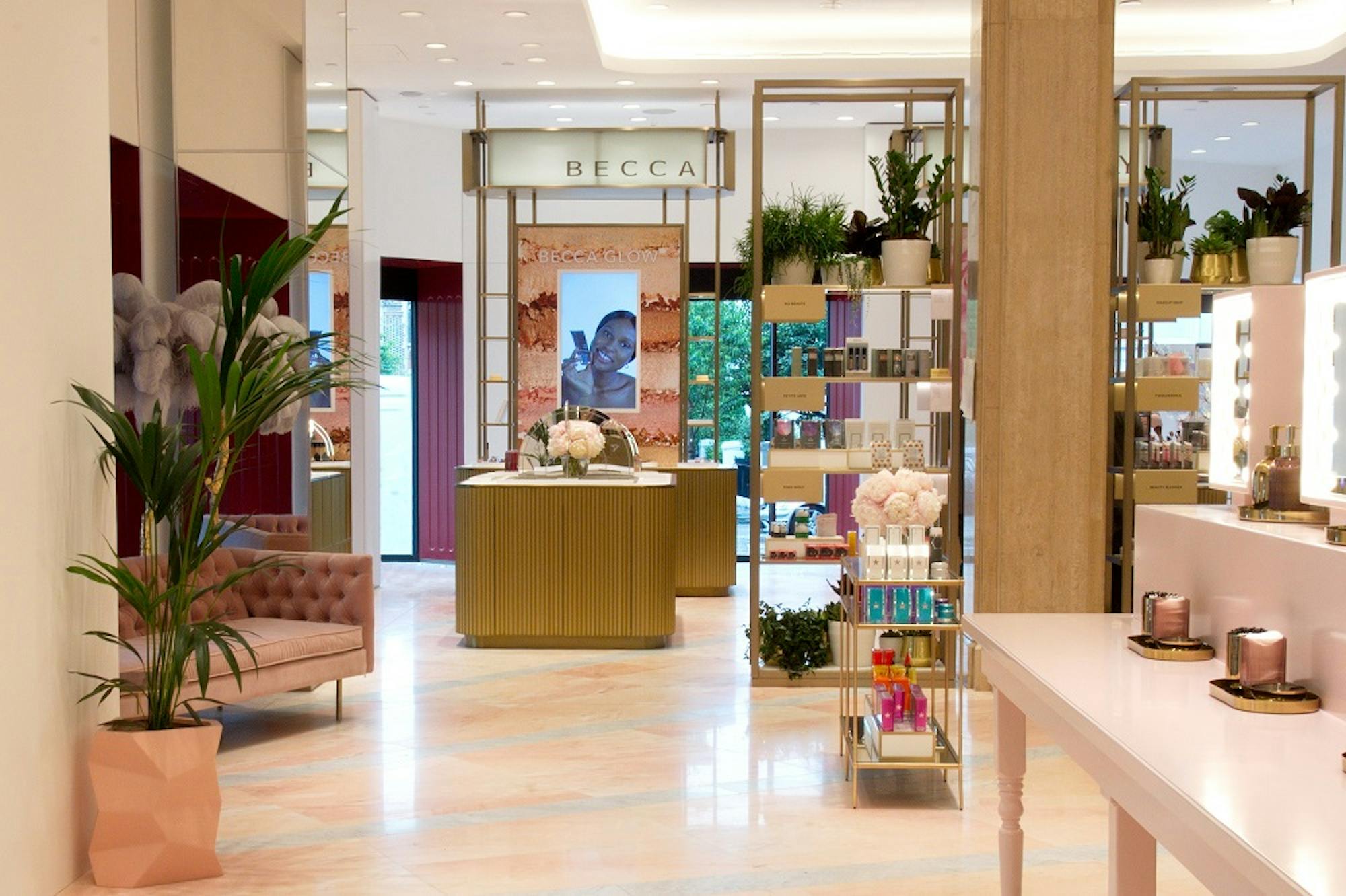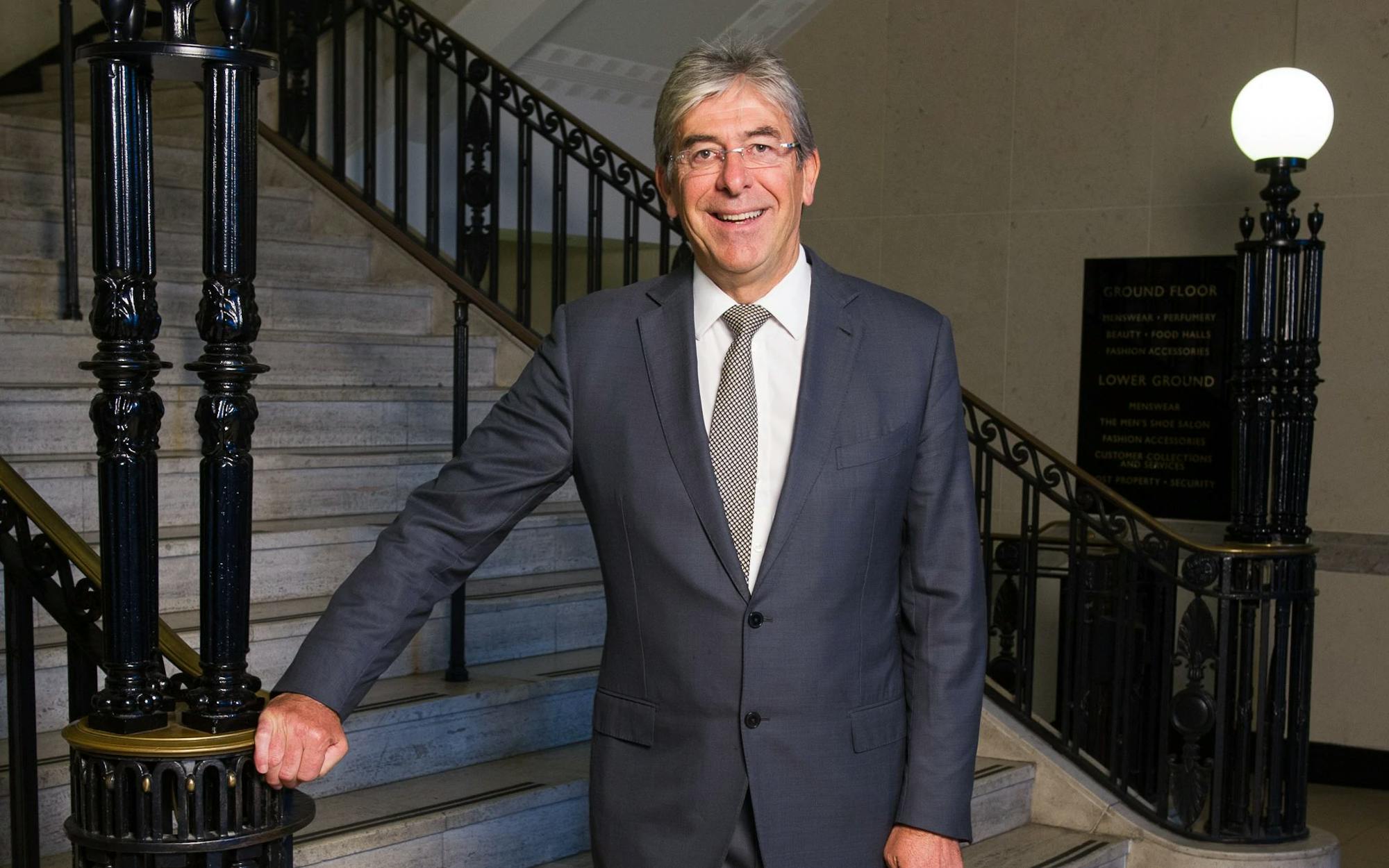

for Walpole members and
non-members available now
at The Londoner


“Updating our iconic carrier bag is long overdue. But switching from one material to another is meaningless if you are not making a drastic reduction in waste, particularly for a business with over 4m bags leaving the shop floor every year. We are determined to overhaul the way bags are handed out across the store and are challenging customers to join us in reducing waste by using as few bags as possible. As proud as we are to see customers leaving our store with the iconic Harrods green bag, going forward we want to see as few of them as possible!”.
Michael Ward, Managing Director of Harrods, and Chairman of Walpole
The FSC® label on the new Harrods paper carrier bags means that the paper in the bags is responsibly sourced, helping to take care of the world’s forests.
To reduce the number of bags distributed to customers, Harrods is also aiming to cut its consumption of carrier bags by 50% from pre-pandemic levels. This will include setting targets for staff, as well as the complete removal of all carrier bags from the Harrods Food Hall and Signature departments later this year, when customers will be invited to purchase a jute reusable bag instead.
The overhaul of Harrods carrier bags is a step in Harrods wider plastic reduction plan, which includes the recent step to remove all plastic packaging from its outbound distribution, meaning Harrods customers now have items delivered in entirely plastic free packaging.
Harrods has also over the past number of months pledged to remove 100% of single use virgin plastic packaging from across the business, eliminate problematic and unnecessary plastic packaging, reduce the overall amount of distribution packaging used and ensure all Harrods packaging is 100% reusable or recyclable and contains a minimum of 40 – 100% recycled content.
To read more about Harrods sustainability strategy – Harrods Path to a Sustainable Future – please visit harrods.com/plastic-free.





